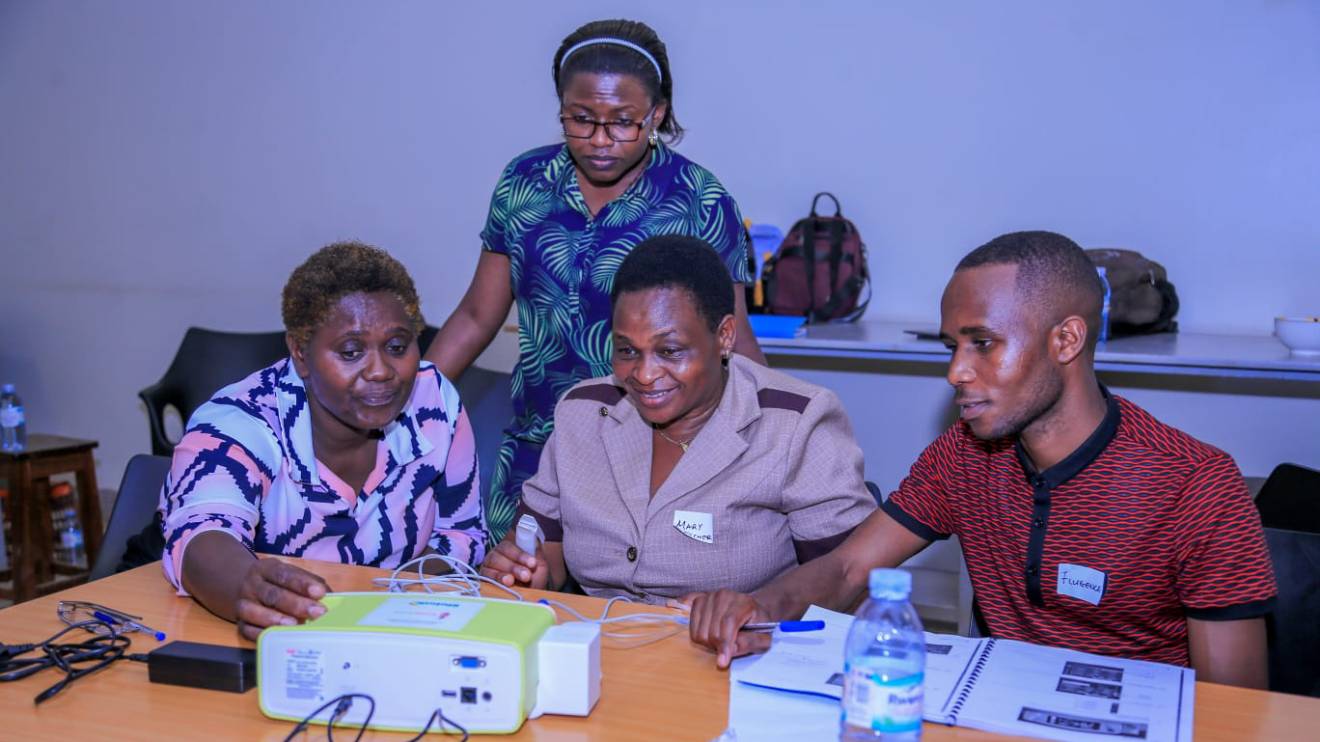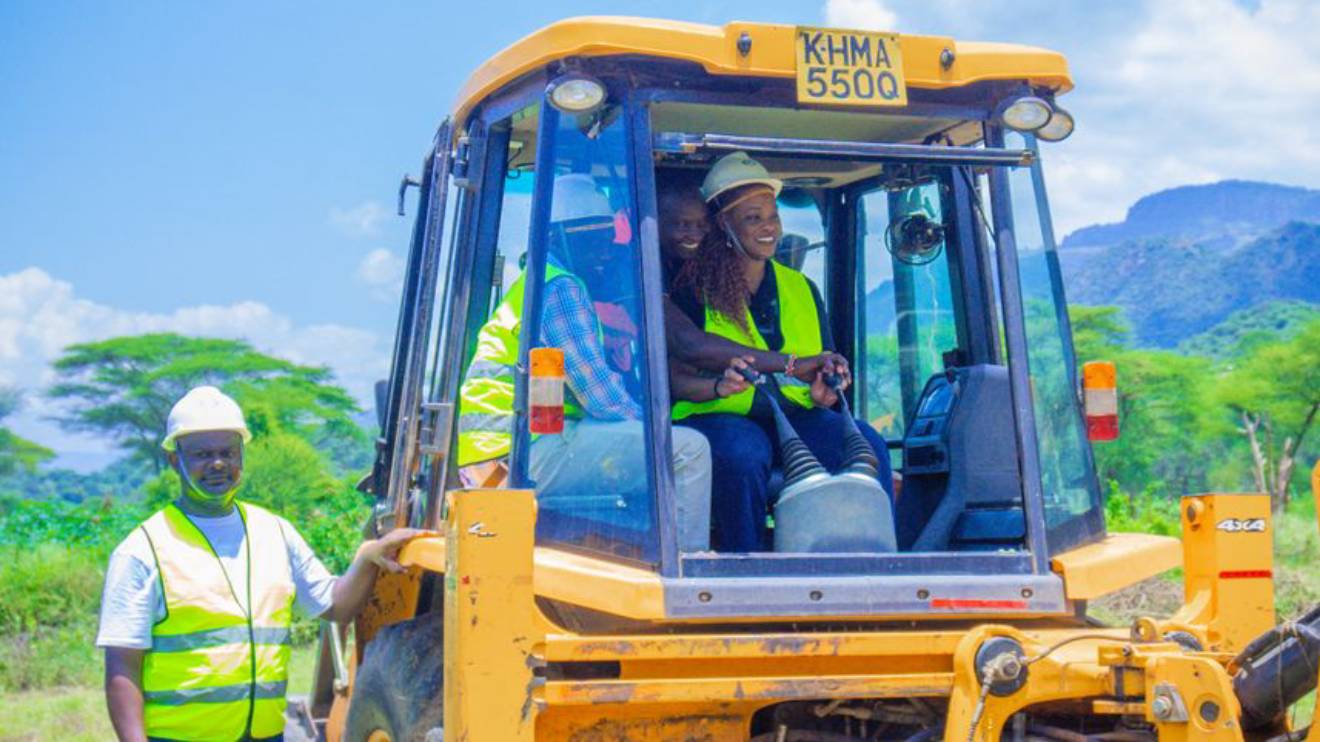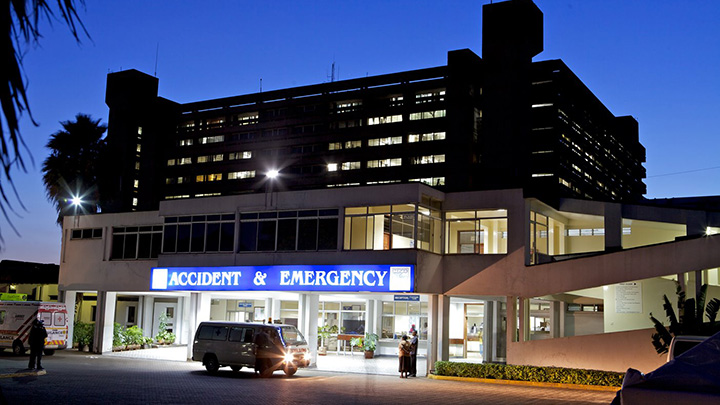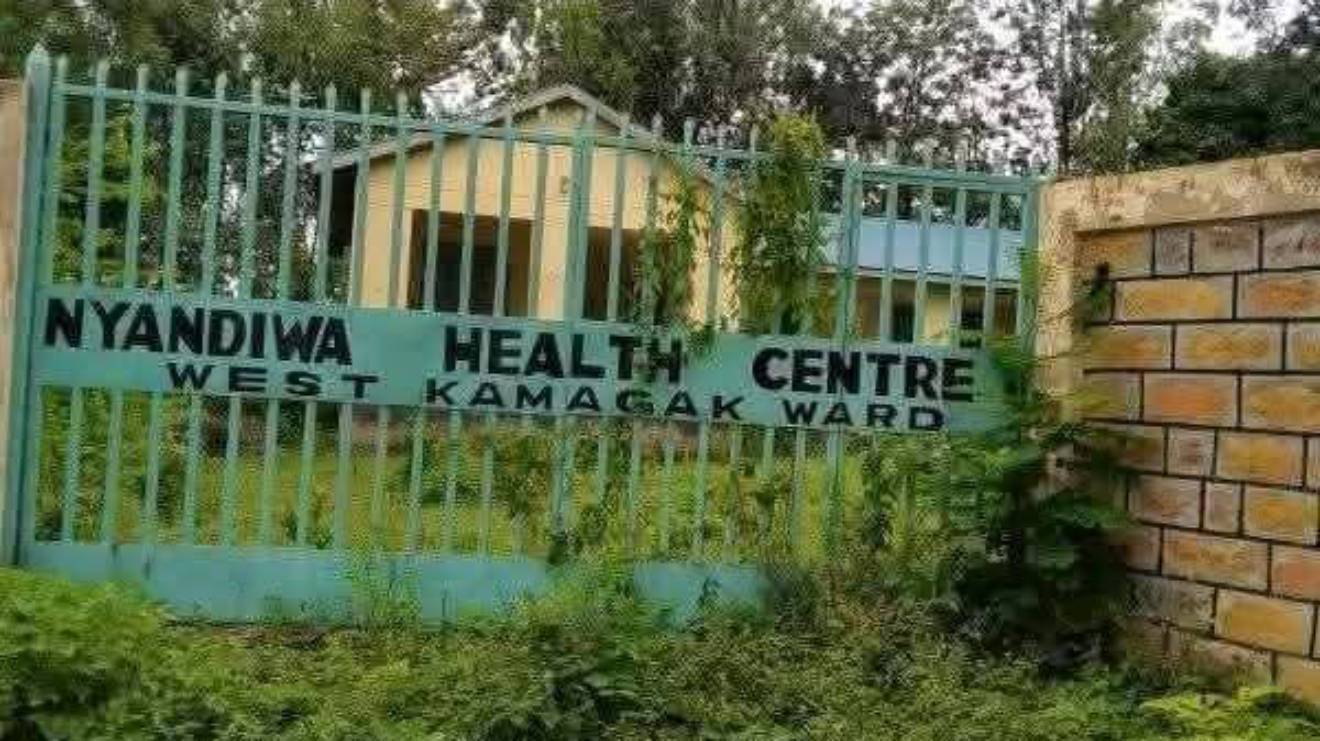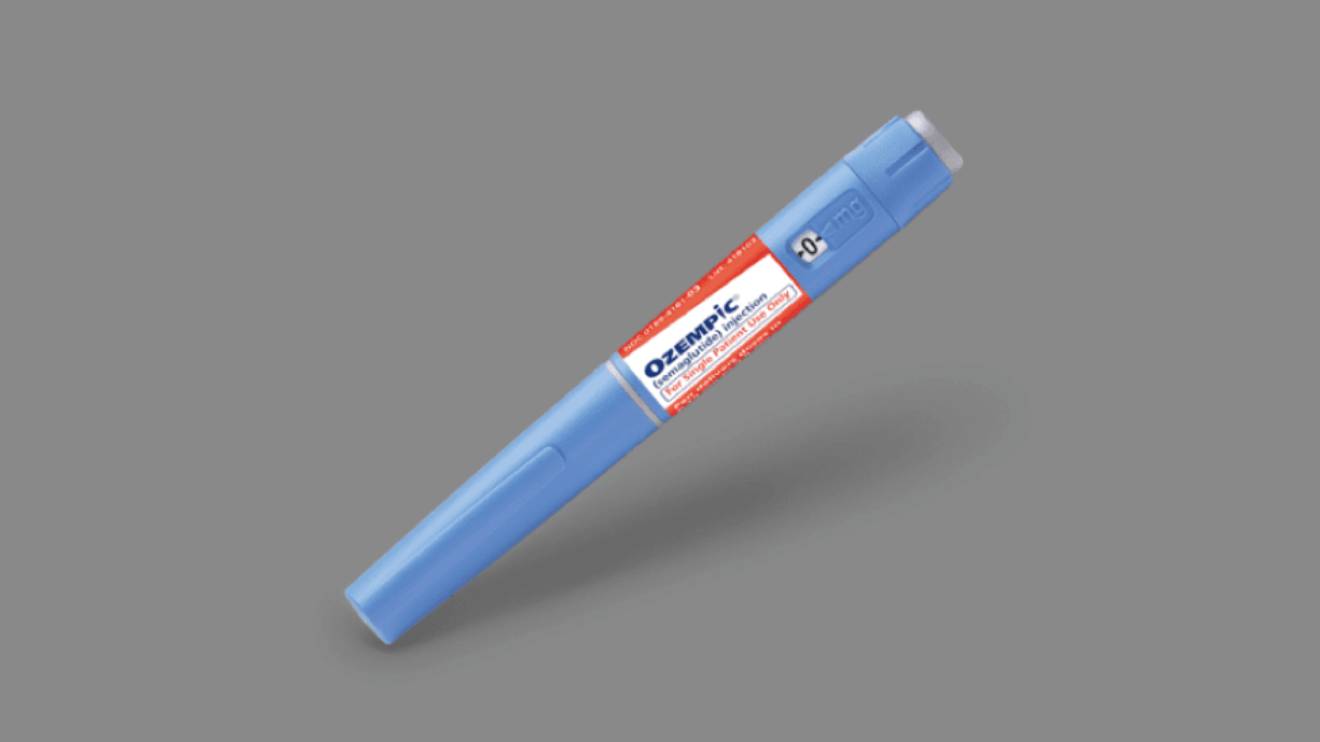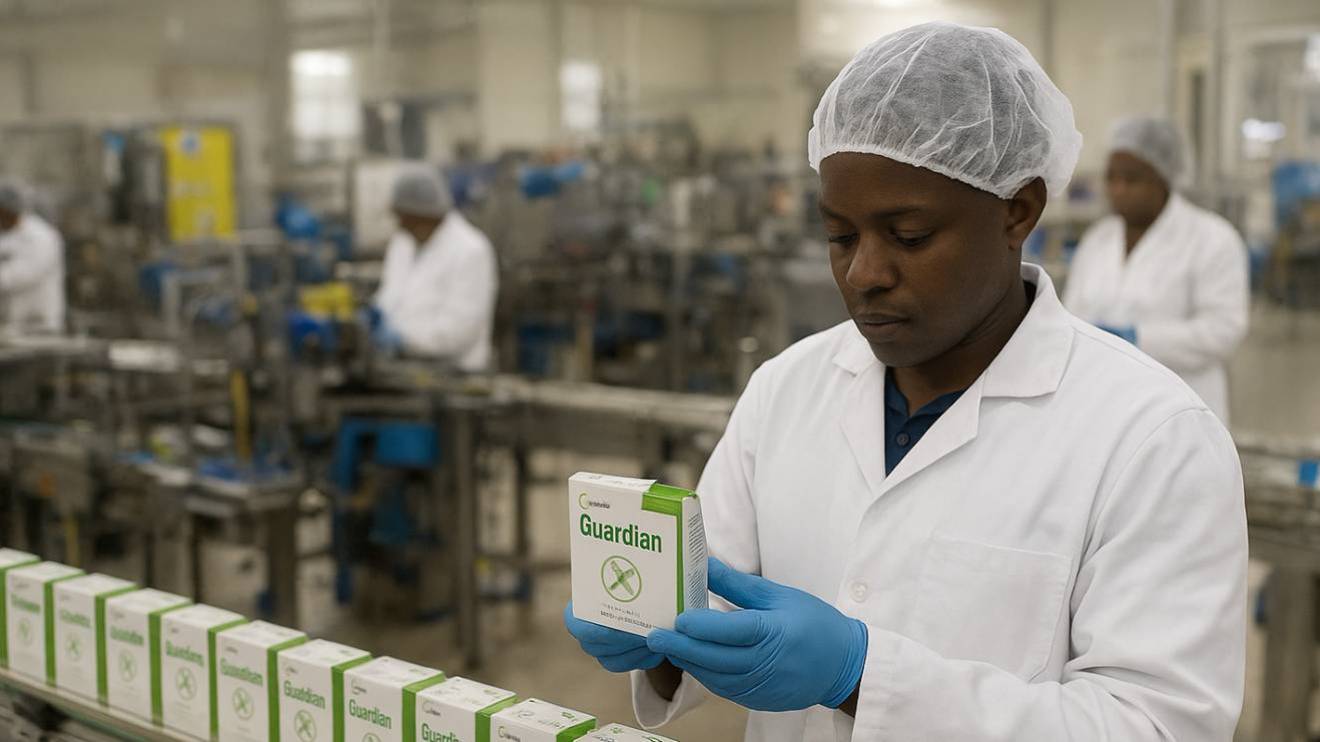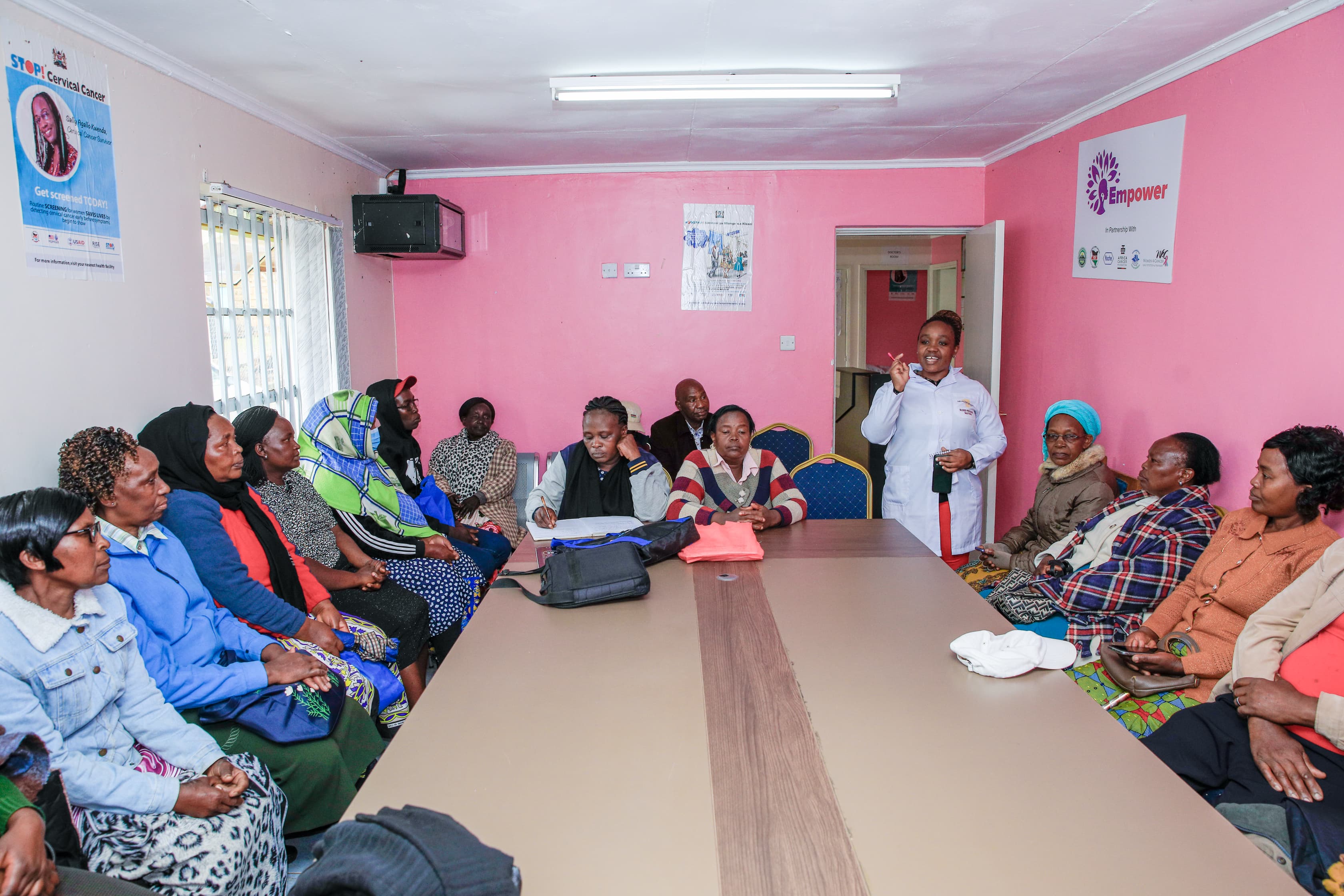As the world commemorates World Anesthesia Day, two prominent global organizations, Smile Train and Lifebox, have joined forces to shed light on a critical issue that has persisted for three decades, posing a significant threat to the lives of individuals undergoing surgery in low-resource settings.
The problem at hand is the absence of capnography, a life-saving monitoring tool, which has become a cornerstone of operating rooms in high-income nations but remains alarmingly scarce in low-resource settings.
Capnography, a tool that indicates whether a patient is receiving an adequate air supply during anaesthesia, was introduced in the United States in 1991, leading to a substantial reduction in anaesthesia-related complications and fatalities.
Despite its undeniable impact on patient safety, capnography remains largely out of reach in most operating rooms in low-resource settings, with research revealing a staggering 100 per cent gap between the demand for capnography and its availability in low-income countries.
One of the chief perils of this access gap is the misplacement of the breathing tube that supplies oxygen to the patient, which stands as a leading cause of anaesthesia-related complications and deaths in low-resource settings.
Read More
Without a steady oxygen supply, a patient's well-being is jeopardized, resulting in catastrophic harm, including brain damage and death.
Children, in particular, are at a heightened risk of experiencing the consequences of a misplaced breathing tube. Increasing access to capnography is deemed crucial for significantly improving anaesthesia safety for patients, encompassing children, undergoing surgical procedures in low-resource settings.
Dr. Zipporah Gathuya, a pediatric anesthesiologist at The Nairobi Hospital, Kenya, and a member of the Smile Train Global Medical Advisory Board, emphasized, "Putting a person under anaesthesia without a capnograph is like flying blind - you lack the basic information required to keep them safe.
As healthcare providers, we are concerned that our surgical patients are not monitored with this essential device, even though it's a standard practice in wealthy countries. Capnography shouldn't be a privilege; it's a demand for patient safety everywhere, and it's needed now."
In collaboration with industry partner Zug Medical Systems, Smile Train and Lifebox have unveiled the Smile Train-Lifebox Capnograph, a high-quality, user-friendly, and affordable device with robust construction and an extended battery life.
This pioneering capnograph meets stringent specifications for both pediatric patient monitoring and use in low-resource settings and has undergone rigorous laboratory and field testing.
Urgent efforts are now required from the World Health Organization to update global guidelines for safe anaesthesia, aligning them with practices observed in high-income countries.
These changes in guidelines and national practices are anticipated to stimulate market demand for more cost-effective, durable capnographs suitable for resource-limited settings.
Dr. Elizabeth Igaga, Director of Programs Safety at Smile Train, lamented, "Capnography has safeguarded surgical patients in the United States for over 30 years, and yet, until now, this lifesaving monitoring tool has unfortunately remained inaccessible for most operating rooms in Africa.
The availability of the affordable Smile Train-Lifebox Capnograph is the first significant step to bridge this gap.
We hope the WHO takes urgent steps to amend the guidelines for capnography use in safe anaesthesia, enabling its rapid adoption by low- and middle-income countries.
Let's close this gap and ensure that every surgical patient, regardless of their location, receives the care they deserve."
In a groundbreaking initiative, 350 low-resource operating rooms will be equipped with the new Smile Train-Lifebox Capnograph, along with training for anaesthesia staff, in countries such as Benin, Ethiopia, the Philippines, and Uganda.
This effort is part of the Smile Train-Lifebox Safe Surgery and Anesthesia Initiative, aimed at bolstering the safety of pediatric anaesthesia and surgical care in low- and middle-income nations.
Susannah Schaefer, President & CEO of Smile Train, noted, "For more than a decade, Smile Train has worked with Lifebox to equip hospitals across the globe with essential monitoring tools for children undergoing surgery.
The launch of the Smile Train-Lifebox Capnograph will have a transformative impact on the safety of every child with cleft undergoing surgery - strengthening surgical safety for all surgical patients as a result."

